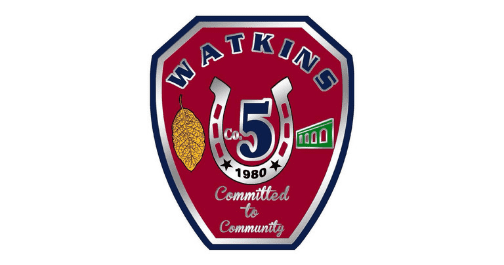What are some of the steps taken in North Carolina when a juvenile is a suspect or person of interest in a crime?
For one thing, it matters if the crime is a felony and if so what letter. Felonies are grouped by letters, with letter A, for example, being first degree murder. A felony with a letter of I, for example, might be a drug crime of some sort. A second thing that matters is has the juvenile been tried and convicted as an adult before – the once an adult, always an adult law (N.C. G.S. 7B-1604).
North Carolina juvenile delinquency law as of Dec. 1, 2019 looks at ages 6-15 as being juveniles for all offenses and ages 16-17 for all non-motor vehicle offenses as being juveniles. The exception is – any juvenile with a previous criminal conviction, other than a misdemeanor or infraction motor vehicle offense not involving impaired driving, must be processed as an adult.
How the juvenile may be processed when felony charges are involved and he/she is 16 or 17 years old follows a bit of a flow chart as well. An A-G felony with a finding of probable cause or return of bill of indictment results in a mandatory transfer to superior court. An H-I felony with a finding of probably cause results in a discretionary transfer to superior court.
The “Raise the Age” Initiative, an NC Legislature-passed law, raised the age of juvenile jurisdiction for nonviolent crimes to age 18 effective December 1, 2019.
In March of 2019, District Attorney Mike Waters told WIZS TownTalk the change would significantly increase the juvenile court workload as the majority of 16 and 17-year-olds, currently tried automatically as adults in NC, will be tried as juveniles when the law goes into effect.
Under the new law, exceptions exist for 16 and 17-year-olds who commit felonies that are classified as A-D – including murder, robbery and burglary – in addition to DWI and other traffic offenses, firearm charges and gang-related offenses.
“North Carolina is one of the last two states in the nation to charge 16-year-olds as adults,” Waters said at the time in 2019. “I want to reassure the public that, under the new law, the DA’s office will have the discretion to prosecute juveniles that commit serious crimes as adults.”
As for the reason behind raising the age limit for juvenile prosecutions, Waters said research and statistics make a compelling case.
“Research shows that many 16 and 17-year-olds that get involved in the court system may not get involved with it again. Tracking someone forever and giving them a record at a young age creates a certain outcome. Also, 16 and 17-year-olds are not thinking the same way that 18, 19 and 21-year-olds are thinking.”
If you follow the suspect, warrant, arrest pattern for adults, those 18 and over, it is just that. First a suspect with warrant issued for arrest, or arrested on-view with the State as complainant, then appearing before a magistrate and being charged and detained or bonded or released — in the most simple of terms.
Also in broad terms, once a juvenile is taken into custody, then juvenile services comes and a decision is made on whether to transport the juvenile to a secure facility. The juvenile is granted a probable cause hearing and the decision about being transferred to superior court is made.
For the Wednesday, April 7, 2021 broadcast of TownTalk, hosts John C. Rose and Bill Harris discussed juvenile offenders and gun violence in the local area and nation.
<This is a news article. This is not legal advice.>
For complete details and audio click play.















